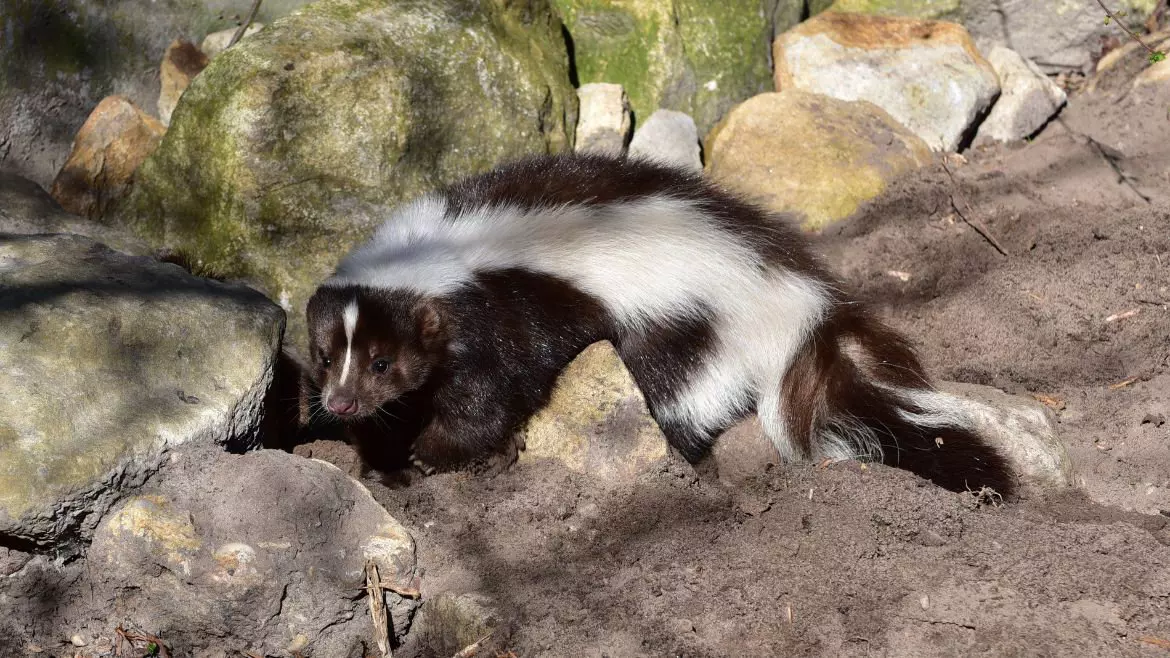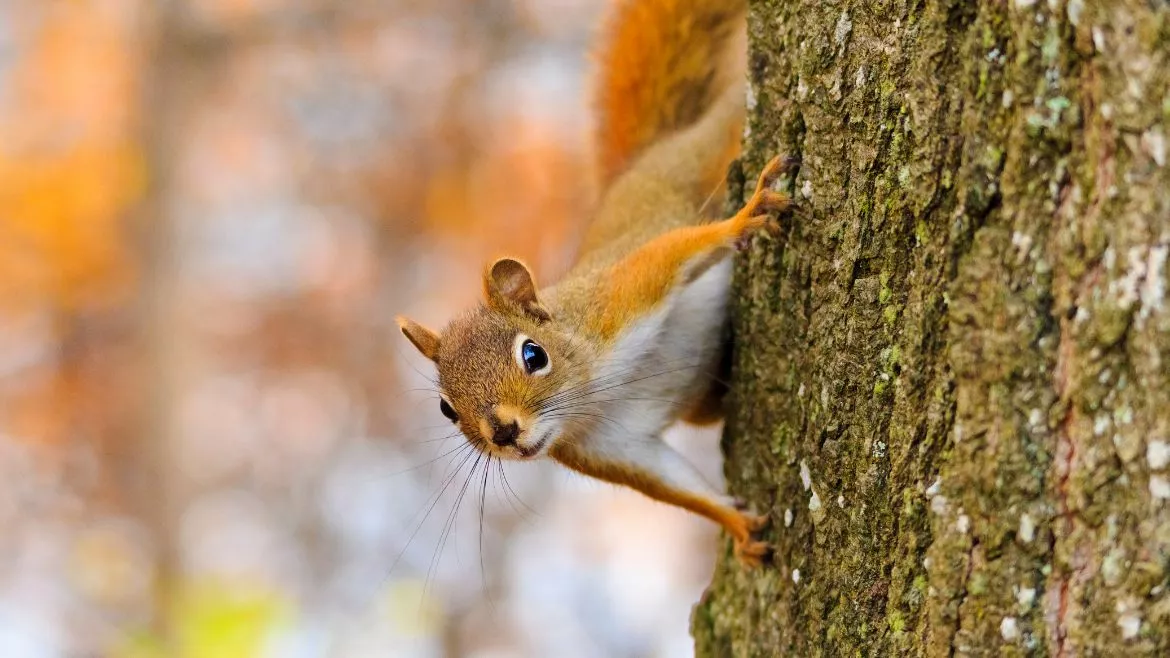Wildlife Removal Services in Durham Region
Why are Raccoons dangerous?

How to remove raccoons from attic
Locate the entry point: Look for openings in the roof, eaves, or siding that the raccoons might be using to get into the attic. You may need to do some investigating to find all the entry points.
Make the area less attractive to raccoons: Remove any food sources, such as garbage cans or pet food, that might be attracting the raccoons to your property.
Seal up the entry points: Once the raccoons are out, seal up the openings they were using to get into the attic. Use heavy-duty materials, such as metal flashing or mesh, to prevent the raccoons from getting back in.
Use a repellent: If the raccoons are still trying to get back into the attic, you can try using a repellent, such as a loud noise or a strobe light, to discourage them.
Consider hiring a professional service like ZOLO Pest Control Inc: If you're unable to remove the raccoons yourself, or if you're concerned about the safety of doing so, you may want to consider hiring a professional wildlife control company to handle the situation for you.
Why are skunks dangerous?
Skunks have a strong smell that can be unpleasant and even cause breathing problems for some people.
Skunks can carry diseases such as rabies, which can be transmitted to humans or pets through bites or scratches.
Skunks have sharp claws and teeth and can bite or scratch if they feel threatened.
Skunks can damage property by digging holes or burrowing under buildings or decks.
Skunks can cause traffic accidents if they wander onto the road and are hit by a car.

How to to remove skunks from your property
Remove any food sources that might be attracting the skunk, such as garbage cans, pet food, or fallen fruit.
Seal up any openings or holes in your home or other structures that the skunk might use to get in or take shelter.
Install a motion-activated sprinkler or a bright light near the area where the skunk is visiting. These can be effective at deterring skunks and other wildlife.
If the skunk is living in a den on your property, you can try using a mixture of ammonia and water to discourage it from staying. Spray the mixture around the entrance to the den, but be careful not to get it on the skunk itself, as this can be harmful.
Are squirrels dangerous?

How to prevent squirrel and other wildlife infestation
Keep trash cans covered and properly sealed to prevent animals from scavenging for food.
Seal all entry points into your home or property, including holes in walls, foundations, and roofs.
Use mesh screens on windows and doors to prevent animals from entering your home.
Keep bird feeders and pet food away from the house to prevent attracting animals.
Keep outdoor areas clean and free of debris to discourage animals from nesting or hiding.
Use natural repellents such as peppermint oil or predator urine to deter animals from entering your property.
Remove any sources of water that may attract animals, such as standing water in gutters or birdbaths.
Hire a professional wildlife removal company to handle any infestations or to provide prevention services.






